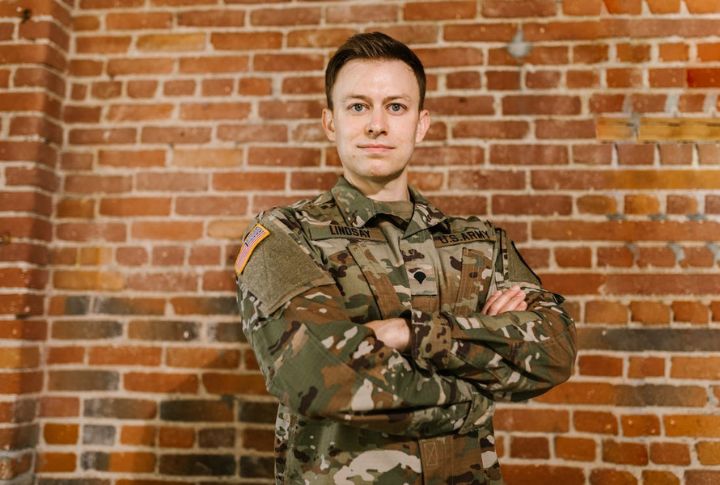
Not every kind-sounding phrase lands the way you hope it will. Service members hear layers in questions that civilians might consider basic small talk. Impact matters far more than intent, and a clumsy comment can derail a connection before it even starts. Here’s a peek at the things you should avoid saying, even if you think they’re fine.
“Do You Have PTSD?”
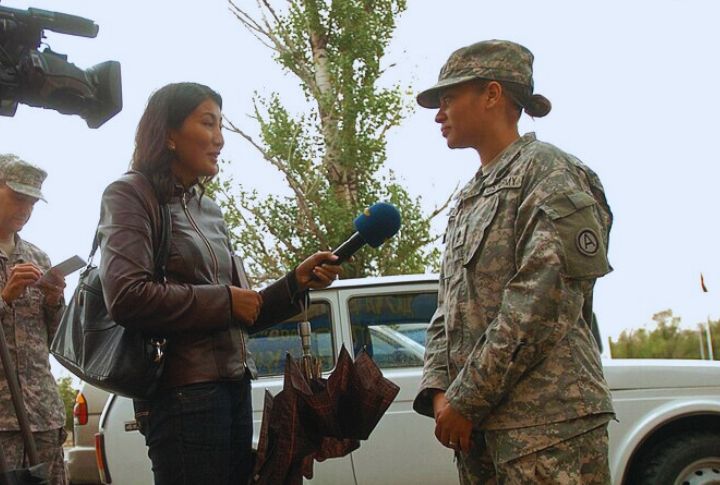
You wouldn’t walk up to a stranger and demand their medical history, right? So why do people think veterans are different? PTSD is real for many who served, but that doesn’t make it casual conversation material. This question feels less like concern and more like morbid curiosity dressed up as care.
“I Would’ve Joined, But…”
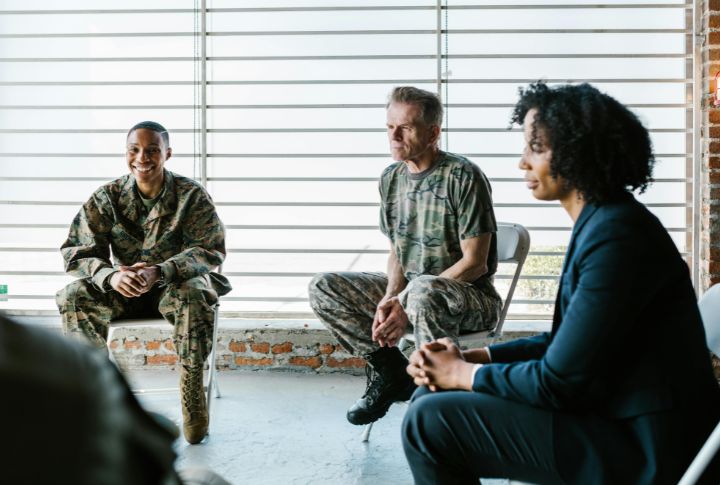
Nobody wants to hear about paths not taken when they’ve walked the hard one. Veterans made a choice that cost them in ways most people never experience. Mental health struggles are common among those who served. Comparisons to civilian life don’t hold up. Just acknowledge their courage without the qualifier.
“What Was It Like Over There?”
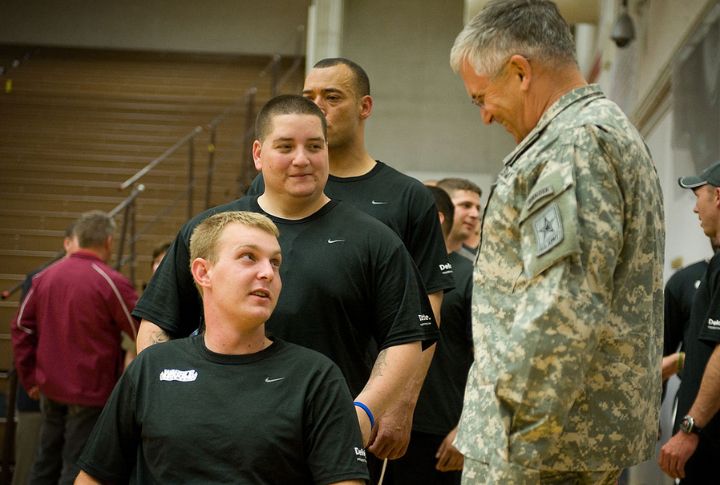
Military service defies simple summaries. What seems like a friendly conversation to you might feel like an interrogation to them. Service members process their experiences at their own pace, and your timeline doesn’t match theirs. PTSD can erupt from nowhere, which makes this question far more dangerous than supportive, regardless of your good intentions.
“You Must Be Glad To Be Home”
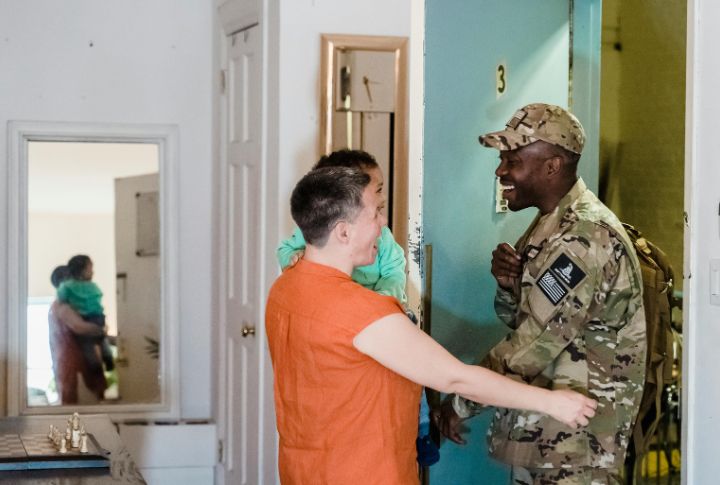
Home doesn’t always feel like a safe haven. Don’t be surprised, some veterans may wrestle with memories that haunt and frustrations they cannot voice. Telling them they must feel happy misses the point entirely. Each return has its own rhythm, a mix of relief and struggle that deserves patience.
“What’s The Worst Thing That Happened Over There?”
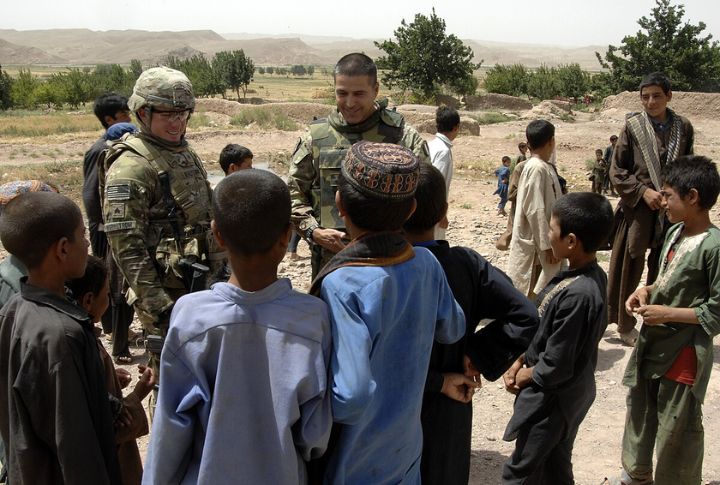
Stop treating war stories like Netflix content. Real people died, and terror happened. Military personnel already relive these moments against their will because PTSD doesn’t ask permission. Your question just adds external pressure to an internal battle they fight daily. Respect costs nothing. Silence here shows more care than words ever could.
“I Know How You Feel”
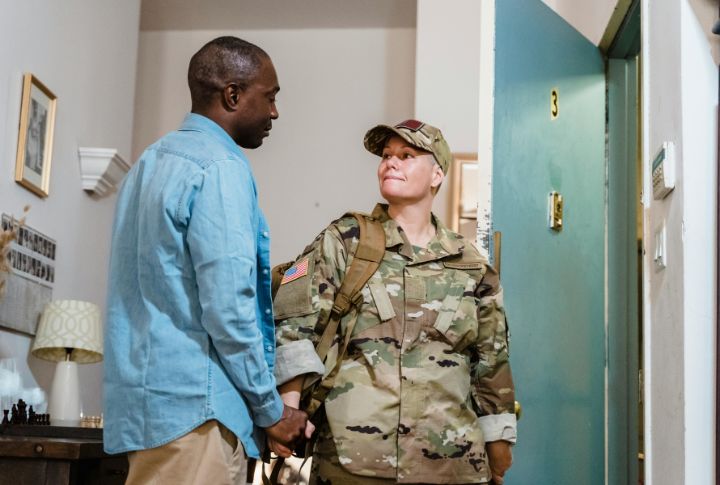
Nobody likes it when someone hijacks their pain with a quick “me too.” For those who served, this sting cuts deeper. Their trauma exists in a realm most people never enter. You can’t fake your way into that understanding, and honestly, you shouldn’t try. Ask questions. Real connection starts with curiosity.
“We All Owe You”
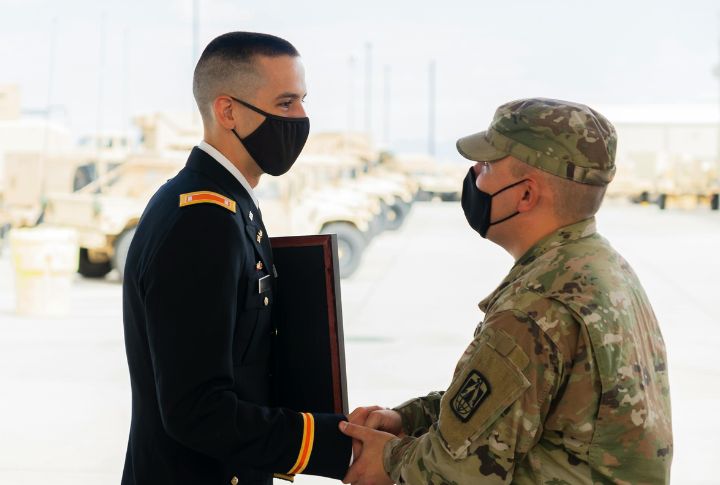
While gratitude is often sincere, some veterans feel uncomfortable with generalized indebtedness. Reactions vary widely, and not every service member wants to be placed on a pedestal. Statements like this can create awkwardness, which can emphasize societal obligation over understanding of their experiences.
“Is It Tough Being Away From Your Friends And Family?”
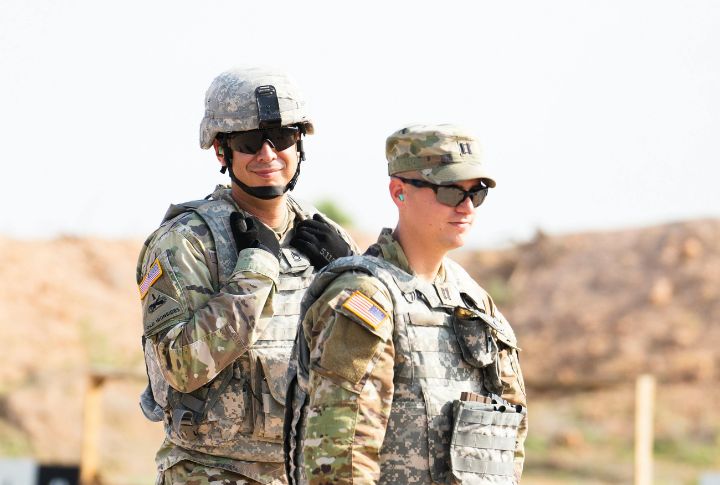
Separation from loved ones is common, but asking directly can be insensitive. Veterans form deep bonds with comrades, making their experience more complex than missing home. Social support matters, but questions about personal separation may unintentionally pressure them to share feelings they prefer to manage privately.
“Do You Feel Guilty About What You Had To Do?”
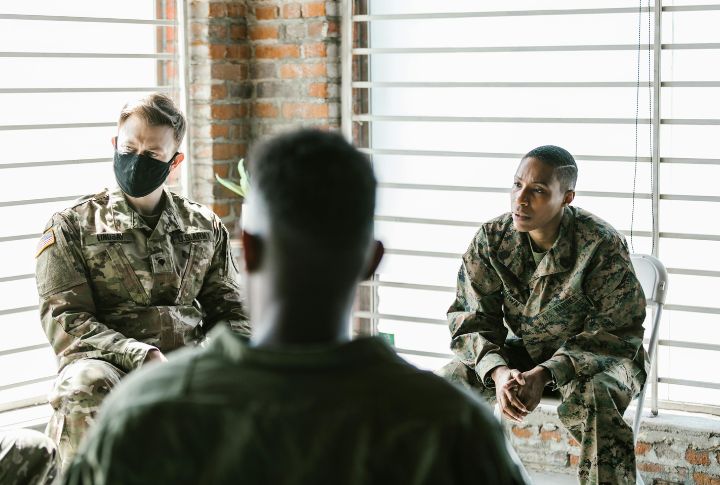
Guilt is common among veterans, especially survivor’s guilt or moral injury. Not all experience it, however, and asking directly can force uncomfortable reflections. Moral injury arises when actions conflict with personal values. Pushing veterans to discuss guilt may retraumatize them rather than offering genuine support.
“I’m Sorry You Had To Go Through This”
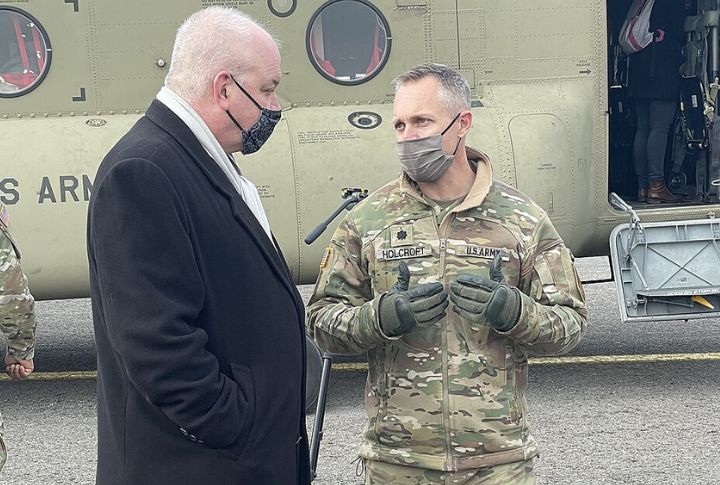
Though well-intentioned, this phrase can feel pitiful or dismissive. Many veterans take pride in their service and don’t view it as purely negative. Presuming trauma or hardship risks minimizing their agency, resilience, or accomplishments. Letting veterans share their experiences voluntarily is more respectful.

